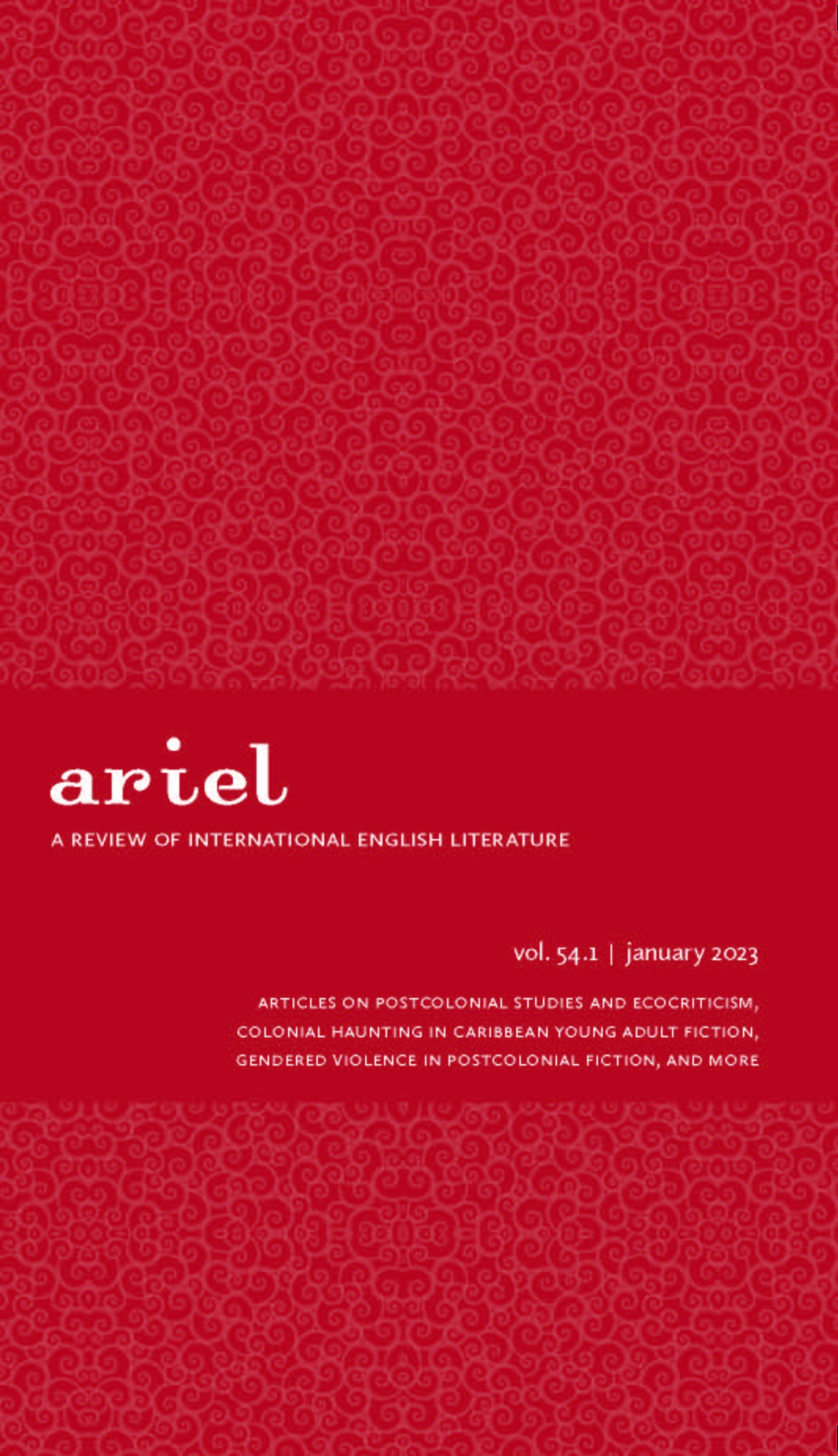Animals in the Writing of Bharati Mukherjee
Keywords:
Bharati Mukherjee, animals, Indian AmericanAbstract
James Kim has argued that "despite long noting the links between animalisation and racialisation, critical animal studies have yet to consider their relationship to Asian American studies." Relating to this wider scholarly gap, studies of the South Asian American writer Bharati Mukherjee (1940–2017) have yet to examine the importance of fauna within her œuvre. Tracing specific animal metaphors—from avian to marine mammalian and reptilian to canine—this essay confronts that critical silence via close textual analysis and the use of critical animal studies as a theoretical lens. It compares Mukherjee’s recurrent, often intertextual and interreferential use of such tropes and interrogates the cultural and gendered associations of animals evoked by her fiction and essays. Her literary portrayal of non-human creatures is largely anthropocentric and zoomorphic: a rich, polysemic device to reflect human experience. Writing Indian animal imagery into American literature, Mukherjee's neglected creaturely motifs signify the power of dreams, the fall of the Mughal Empire in India, human communities as endangered species, and predator versus prey within a Darwinian logic of survival. A shorthand for both India and the United States, animal metaphors expose a brutal world of danger, inequality and corruption.


